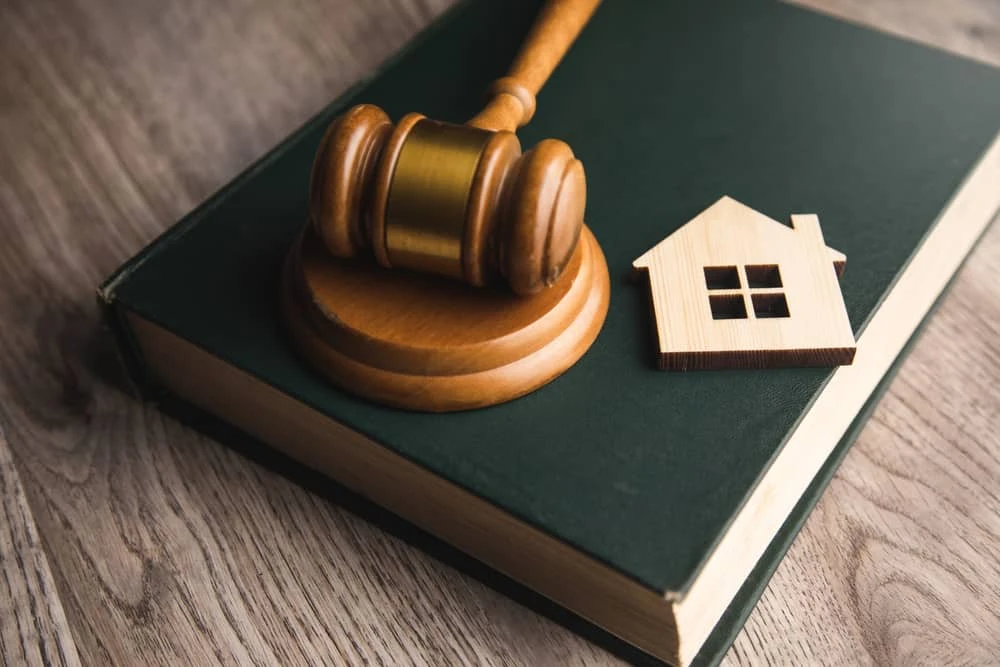Navigate Queens real estate transactions with confidence and avoid costly legal mistakes that derail deals.

Hear from Our Customers

You’re about to make one of the biggest financial decisions of your life. Whether you’re buying your first home in Steinway, investing in commercial property, or selling a building you’ve owned for years, the legal side can make or break the entire deal.
When your real estate attorney handles the details properly, you sleep better at night. Your contracts actually protect your interests. Title issues get resolved before they delay your closing. You understand exactly what you’re signing and why it matters.
The difference between a smooth transaction and a legal nightmare often comes down to having someone who knows Queens real estate law inside and out. Someone who catches problems early, negotiates terms that work in your favor, and keeps your deal moving toward a successful closing.
The Frank Law Firm P.C. has been handling real estate transactions throughout Queens for years. We focus specifically on property law, which means you’re working with attorneys who understand the nuances of New York real estate from residential purchases to complex commercial deals.
Local knowledge matters in real estate law. Queens has its own set of regulations, zoning requirements, and market conditions that affect how deals get structured and closed. Our experience with Steinway and surrounding areas means we know what issues commonly arise and how to address them efficiently.
Whether you’re dealing with a co-op board, navigating commercial lease negotiations, or just want someone to review your purchase contract, you’re working with attorneys who’ve seen these situations before and know how to protect your interests.

Every real estate transaction starts with understanding what you’re trying to accomplish and what potential issues might arise. We review your situation, examine all relevant documents, and explain what you need to know in plain English.
Next comes the detailed legal work. Contract review and negotiation, title examination, due diligence on the property, and coordination with other parties involved in the transaction. This is where experience matters most – catching issues early and resolving them before they become expensive problems.
The closing process involves final document preparation, fund coordination, and making sure everything is properly recorded. You’ll know exactly what to expect, what documents you’ll be signing, and what happens after the deal closes. No surprises, no last-minute complications that could have been prevented.

Ready to get started?
We handle both residential and commercial real estate matters throughout Queens. Residential services include purchase and sale transactions, refinancing, co-op and condo deals, and residential landlord-tenant issues. Commercial work covers property acquisitions, lease negotiations, zoning and land use matters, and investment property transactions.
Real estate litigation is also part of our practice when disputes arise. Whether it’s a contract breach, title dispute, or boundary issue, having an attorney who understands both transactional work and litigation means you get comprehensive representation without having to start over with someone new.
Our goal is straightforward: protect your interests, keep your transaction moving smoothly, and make sure you understand what’s happening every step of the way. Real estate law doesn’t have to be mysterious or overwhelming when you’re working with attorneys who communicate clearly and focus on results.
